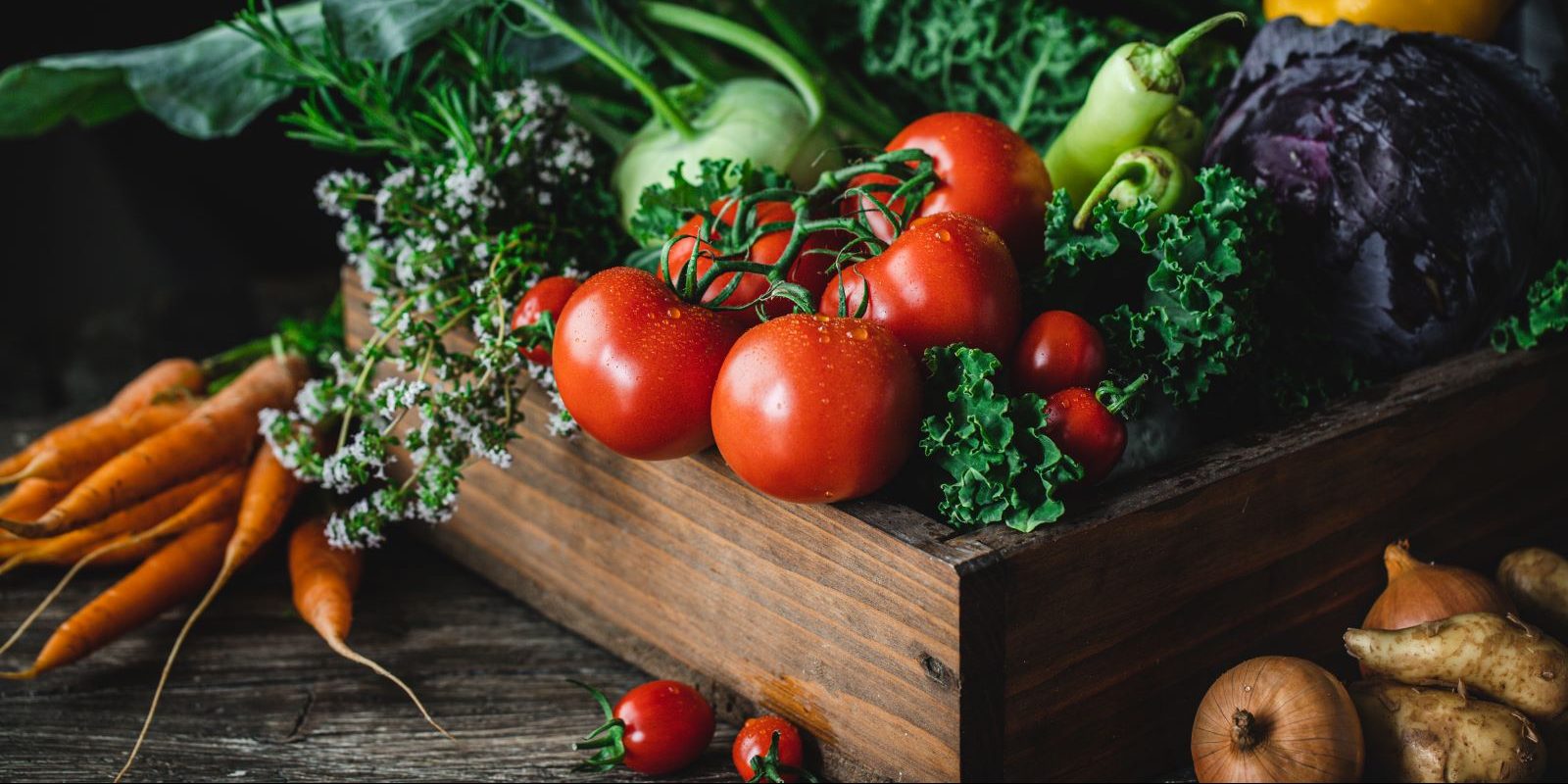<< Back
Nutrition Smack Down: Fresh vs. Frozen vs. Canned Produce

July 10, 2023
The summer season brings a bounty of fresh and vibrant fruits and vegetables to our tables. But when it’s not summer or your favorite offerings aren’t in season, do frozen and canned produce have the same nutritional benefits?
We asked registered dietitian Jamie Allers, MS, part of Hartford HealthCare’s Digestive Health Institute, to break down the benefits of fresh, frozen and canned produce.
Fresh produce: Local and nutrient-rich
The fruits and veggies you find while strolling through your local farmer’s market are a nutritional jackpot since they’re grown locally and sold shortly after harvest.
Produce at the grocery store is still good, but loses some of its benefits en route to the shelf.
“After harvest, the vitamin and mineral value in fresh produce starts to slowly decline,” explains Allers.
> Related: 5 Reasons to Eat More Watermelon
Frozen produce: The year-round nutritional powerhouse
Connecticut summers are short, but fear not! Frozen fruits and vegetables are an excellent substitute.
“Those products are harvested at the peak of their season and their ripeness so you are getting the best possible nutrient content when they are processed and frozen,” says Allers.
But she offers one quick tip – be sure to pay attention to the labels when buying frozen produce, as some may have added salt, seasoning, sugar or sauce. To keep it simple and wholesome, opt for plain varieties.
Canned vegetables: A nutritional contender
Believe it or not, canned vegetables can also hold their own in the nutrition department. Allers confirms that they are nutritionally comparable to frozen options.
Just like with frozen produce, be label-savvy and choose “low salt” or “no salt” versions of vegetables. For fruits, opt for those “packed in water” or “packed in natural juices,” as syrup-packed fruits can have excessive added sugar.
When in doubt, give canned vegetables a good rinse before preparing them to wash away some of the salt and sugar content.
Convenience and shelf life
Both frozen and canned produce offer convenience and a longer shelf life compared to fresh. They come pre-cleaned, trimmed, and chopped, saving you time and effort in the kitchen.
And if you’ve ever noticed the high cost and subpar taste of out-of-season berries at the grocery store, frozen berries are a game-changer.
Any fruit or vegetable is better than none
Whether it’s fresh, frozen, or canned, there’s nutritional value in every serving of fruits and vegetables. Most adults should consume four servings of vegetables and three servings of fruit per day.
“Most people don’t eat enough fruits and vegetables,” Allers says.
So embrace the variety, explore your options, and make the most of every season!